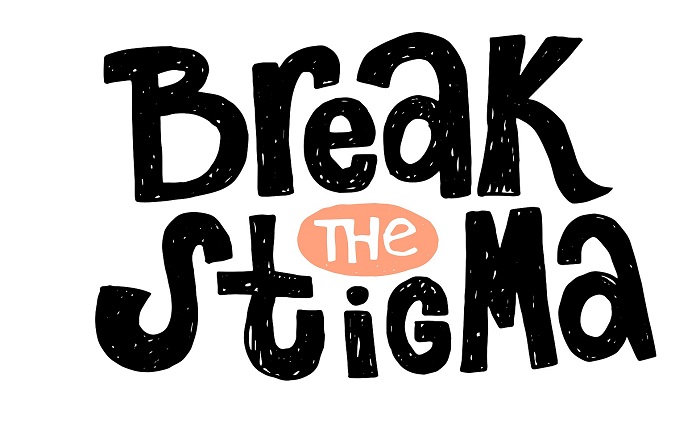For generations, humans have cultivated a relationship with plants—some positive, others deeply prejudiced. But why? Isn’t it curious how we’ve come to revere roses while denouncing dandelions? In the vast realm of the plant kingdom, certain species, like cannabis, have been particularly stigmatized. Isn’t it time we challenged these biases? Society has, in many ways, allowed misinformation and fear to shape our perception of various plants. But as we evolve and gain better access to knowledge, the importance of revisiting and recalibrating our understanding becomes paramount.
Historical Context
Our ancient ancestors weren’t as quick to judge. Across various cultures, plants that we now see as controversial were once venerated. From the hemp fields of ancient China to the cannabis-infused rituals of India, these plants played pivotal roles in societies of yore. So, what changed? Was it the advent of modern pharmaceuticals or the rapid urbanization that created a divide? As we moved further from nature and more into artificially created environments, it’s plausible that our innate connection with plants began to wane. This detachment possibly gave rise to misunderstandings and prejudices.
The Many Benefits of Cannabis
Cannabis – the very name conjures divisive opinions. But beyond the smoke and mirrors, this plant offers a treasure trove of benefits. Medically, it has been used for pain relief, anti-inflammatory purposes, and even anxiety reduction. Economically speaking, the legalization of cannabis has opened up a wealth of job opportunities and significantly boosted tax revenue in several states. Then there’s the environmental perspective. Did you know that hemp – a variety of the cannabis plant – is a sustainable resource? From reducing deforestation to providing bio-fuels, the benefits are multi-faceted and extensive.
Highlight: The Unsung Hero – Cannabis Seeds
Often overlooked, cannabis seeds deserve their moment in the sun. Nutrient-rich, they’re packed with omega-3 and omega-6 fatty acids. Seeking a protein boost? These tiny seeds might be your answer. Beyond nutrition, their versatility is astounding. Think hemp clothing or the eco-friendly construction material, hempcrete. Truly, how much potential lies hidden in the unlikeliest of places? It’s a testament to nature’s power that something so small can be so potent. Yet, for many, the association with the broader cannabis plant overshadows these benefits.
Overcoming Misinformation and Fear
So why the fear? Why the bias? A lot can be attributed to historical propaganda. Films like “Reefer Madness” painted an outlandishly grim picture of cannabis. But are we to trust such outdated, agenda-driven narratives? Modern research offers a more nuanced perspective, debunking many of these deeply rooted myths. It’s crucial for us to challenge our preconceived notions. But more importantly, can we rise above them? We live in an era of data abundance. Sites, journals, and studies continually shed light on the truths hidden by years of misinformation. As responsible citizens, we owe it to ourselves and future generations to differentiate fact from fiction.
Other Plants with Unjust Prejudices
Cannabis isn’t the lone wolf. Consider the recent debates surrounding psychoactive plants like psilocybin mushrooms. With potential therapeutic benefits against conditions like PTSD, why aren’t we investing more in such research? Or what about herbs like kratom? Used for centuries in traditional medicine, yet mired in controversy. Isn’t there a pattern we’re noticing? We must ask ourselves: are we depriving ourselves of nature’s potential due to baseless fears? It’s fascinating, and somewhat disheartening, to see how many of these plants, brimming with potential, are sidelined due to mere misconceptions. A holistic approach to understanding plants, based on science and experience rather than rumor and hearsay, might be the way forward.
The Environmental and Health Push Towards a Plant-Based Future
Our planet is at a crossroads. The clarion call for sustainable solutions has never been louder. Concurrently, we’re witnessing a significant shift towards plant-based diets. From an environmental and health perspective, it makes sense. Yet some of our prejudices hold us back. What if embracing these stigmatized plants is a step towards a greener, healthier future? Furthermore, as the global population continues to grow, the quest for sustainable and alternative sources of nutrition and medicine becomes even more pressing. It’s not just about dietary choices; it’s about survival, sustainability, and ecological balance.
Call to Action
Knowledge is the first step towards change. To shift perceptions, we must arm ourselves with facts, not fallacies. Advocate for research. Engage in dialogues. And most importantly, introspect. Are our biases truly our own, or are they inherited from outdated ideologies? The age of the internet empowers us. We can cross-reference, fact-check, and dive deep into topics that were once considered taboo. This empowerment means we no longer need to accept things at face value. Question, probe, and seek the truth – it’s the least we can do in the pursuit of enlightenment.
Conclusion
Plants have been silent witnesses to our history, offering solace, sustenance, and solutions. As we move forward, it’s imperative to shed our prejudices and embrace the full spectrum of nature’s bounty. After all, isn’t evolution – whether of thought or action – the hallmark of humanity? Let’s remember that our ancestors relied on these plants for healing, sustenance, and insight. As we venture into an uncertain future, perhaps we’ll find that these plants still hold the keys to many of the challenges we face.

